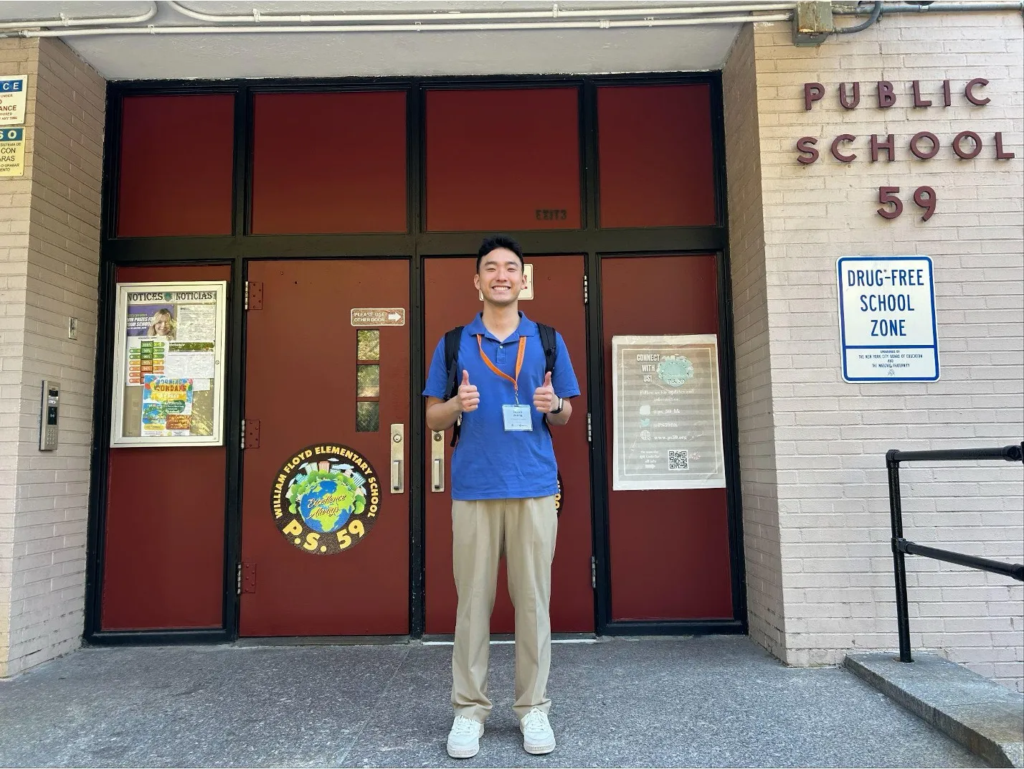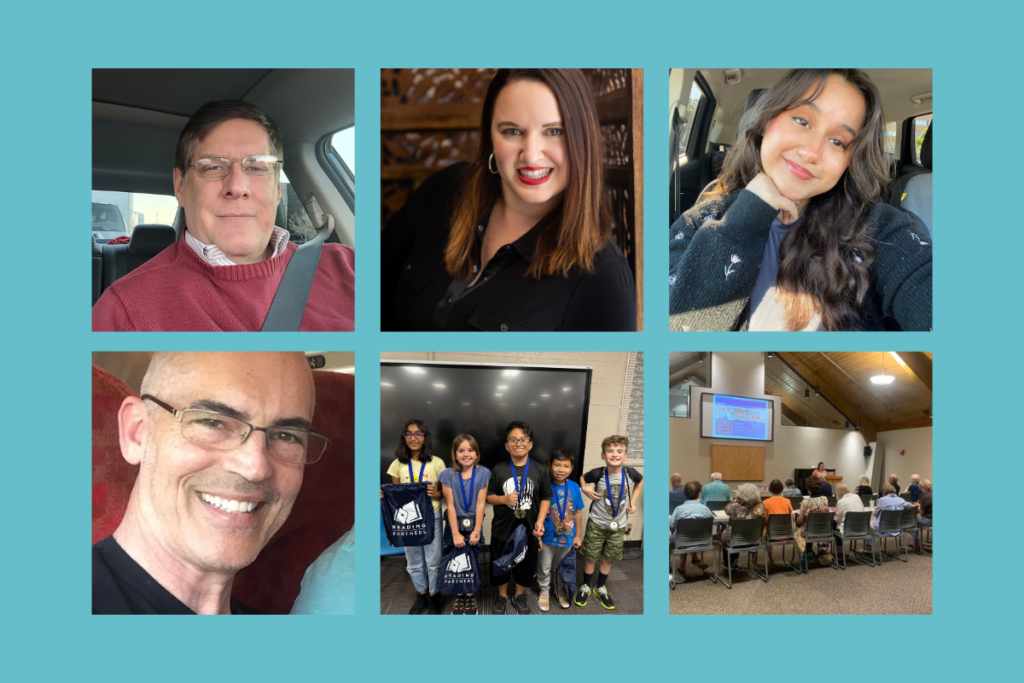
National reading program looking for upstate tutors
January 17, 2023
Originally posted on Times Union
ALBANY – Wanted: Capital Region volunteers to teach reading, one-on-one, to young children in New York City.
A national reading program, Reading Partners, is finally able to expand its tutor base to the Capital Region thanks to a change in New York City’s background-check vendor. The previous vendor required everyone to travel to New York City to be fingerprinted; the new vendor can accept fingerprints from many places throughout the nation.
Reading Partners is hoping to recruit 500 tutors from upstate New York to teach virtually. Each would be assigned one child in kindergarten through fourth grade to tutor twice a week for 45 minutes. To volunteer, go to staging.readingpartners.org.
The program, which has been used nationally for 22 years, catches up more than two-thirds of the students after one year.
“Our entire program model is one-on-one, high-dosage tutoring,” said Primo Lasana, executive director of Reading Partners. “Volunteers literally have a script to follow. Each lesson starts with a tutor read-aloud that’s of interest to the student to get them interested and excited.”
Then they work on one skill, like blending the letters “F” and “L” together.
“After they’ve learned the skill, they might read a book that’s called ‘Flippy Flap the Frog,’ which focuses on the skill they have just learned,” Lasana said.
Step by step, the program goes through each reading challenge – from words that can’t be sounded out, like were, to letter blends that don’t sound like the original two letters, like ph.
“Learning to read is really challenging. For many of us, we don’t remember the effort,” Lasana said. “We take for granted many of the skills, such as what f and l sound like when blended together.”
Without reading skills, students fall farther behind in every facet of school.
“Typically a student who is falling behind is only learning two weeks for every month of school they’re in,” Lasana said. “The goal is to learn two months for every month of school.”
The STAR literacy test, which New York City schools use to test every student, shows that most of the students in the program catch up within one year. To get into the tutoring program, students must be half a year to 2½ years behind grade level. At the end of their first year of tutoring, 82 percent of the kindergarten through second graders have caught up, and 75 percent of the third and fourth graders, Lasana said, citing the test results.
That can make a big difference.
“Students who are reading on grade level by fourth grade are four times more likely to graduate,” Lasana said.
In New York State, 42 percent of fourth graders tested as proficient on last year’s English Language Arts test. That’s no worse than before the pandemic, but it’s a long way from full proficiency.
Reading Partners may also soon expand to students in upstate New York. The group is working on partnerships with big afterschool childcare programs. They would run the program in-house during their afterschool care.
“I think we’re actually heading in that direction,” Lasana said. “We have this great online platform. We are engaging with groups that are interested and want to deliver the curriculum in a place where we may not physically be.”
They partnered with an afterschool program and a community center in New York City this year.
“This year we’re working outside of schools for the first time in our organization’s history,” Lasana said. “We’re tutoring students directly where they live.”



